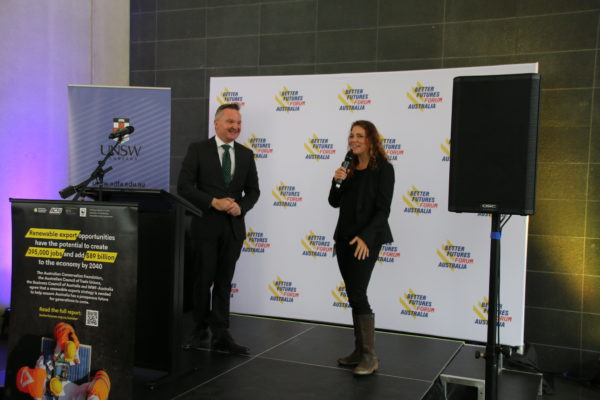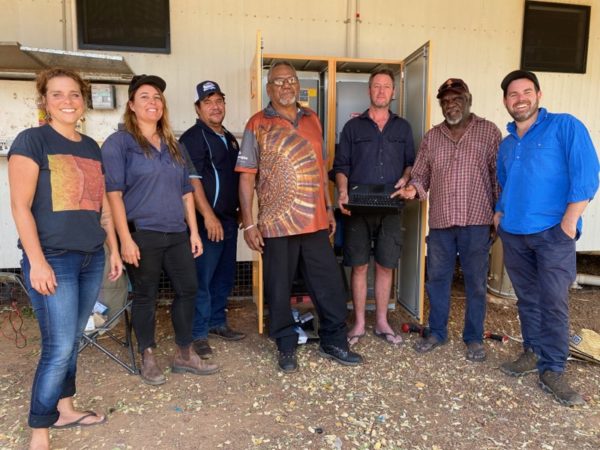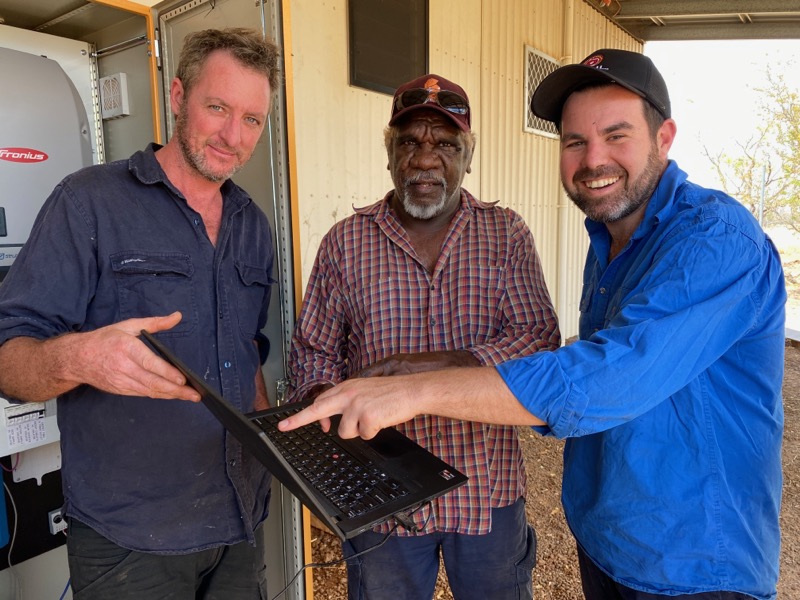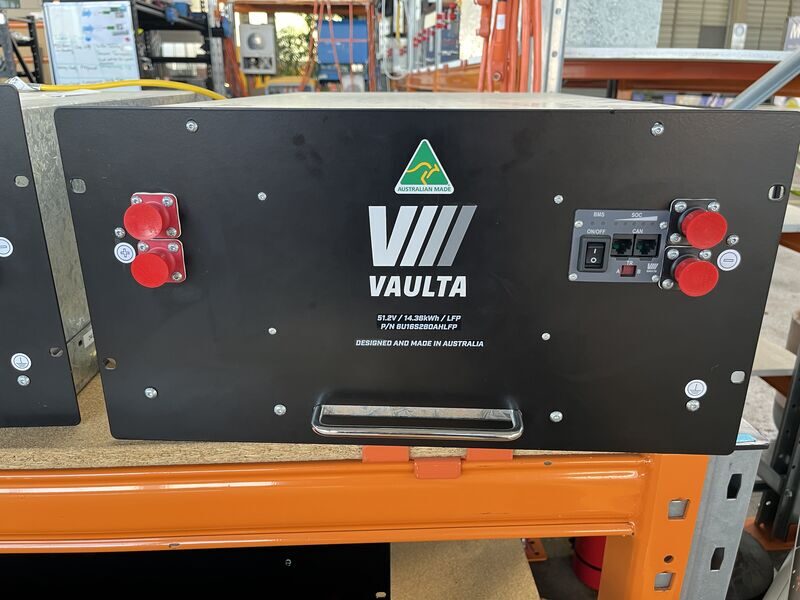Having drawn a sizeable list of partners, the recently formed First Nations Clean Energy Network (Network) is launching two new guidelines to help both members of renewables industries and First Nations communities negotiate energy projects – something Australia has historically done quite poorly.
“We have the opportunity to do projects right this time – working together cooperatively, fairly and respectfully in our joint mission to power the nation,” Luritja man Chris Croker, managing director of Impact Investment Partners and a member of the Network’s steering group, said.
The Network’s first guide, ‘Aboriginal and Torres Strait Islander Best Practice Principles for Clean Energy Projects’ outlines 10 principles for the clean energy industry and government to help them ensure projects successfully consider culture and environment, mutual respect, and economic and social benefits to Australia’s Traditional Owners.
The second guide, ‘Clean Energy Negotiations Guide for First Nations’ aims to help communities negotiate mid to large scale developments on country, as well as assisting those wanting to initiate their own clean energy projects.
The Network will be holding a webinar to launch and explain these the two guidelines on Nov. 30, at 12:30p.m. AEDT.

Image: First Nations Clean Energy Network
“These guides set the gold standard and will help everyone involved, including the clean energy industry itself and governments responsible for driving and regulating them,” Croker said.
“Indigenous communities overseas are making great strides from the development of clean energy projects on their land, owning a stake or initiating their own, and it will happen here too,” he added.
Kane Thornton, chief executive of industry peak body the Clean Energy Council, believes renewables can contribute to righting mistakes made by Australia’s energy and mining industries in the past. “The clean energy industry is determined to really lift the standard when it comes to working with First Nations communities,” Thornton said. “These guides provide a wonderful steer for how to do this and we’ll all reap the benefits in terms of strong, respectful relationships and cheaper, more reliable energy.”
In August 2022, federal, state and territory energy ministers committed to co-design a new strategy which will see Aboriginal and Torres Strait Islander people share in the benefits of the renewable transition.
Unlocking hectares of opportunity
More than 60% of Australia’s landmass is held in Indigenous Estate, meaning First Nations groups either hold native title or other land right claims. Although Australia’s Native Title Act is federal law, states and territories have retained sovereign rights over land, water and resources which leads to considerable variations in how the law is enacted.
Speaking to pv magazine, Croker said in his experience Australia’s land rights landscape has been difficult for international renewable developers to navigate, leading to proponents giving Native Title-claimed land a wide berth.
Complex as it might be, Croker believes it would be more constructive for developers to form good working relationships with First Nations Australians rather than squabble over small subsets of unclaimed land. “If we work positively with Indigenous landowners and cultural groups we will actually enable many, many more opportunities,” he said.

Image: First Nations Clean Energy Network
The First Nations Clean Energy Network’s partner list includes the National Native Title Council, Indigenous Land and Sea Corporation, Smart Energy Council, Centre for Aboriginal Economic Policy Research at ANU, Clean Energy Council, Renewable Energy Alliance, ACTU, ETU and MUA, Impact Investment Partners, Community Power Agency, Lowitja Institute, Climate Council, and many others.
This content is protected by copyright and may not be reused. If you want to cooperate with us and would like to reuse some of our content, please contact: editors@pv-magazine.com.









1 comment
By submitting this form you agree to pv magazine using your data for the purposes of publishing your comment.
Your personal data will only be disclosed or otherwise transmitted to third parties for the purposes of spam filtering or if this is necessary for technical maintenance of the website. Any other transfer to third parties will not take place unless this is justified on the basis of applicable data protection regulations or if pv magazine is legally obliged to do so.
You may revoke this consent at any time with effect for the future, in which case your personal data will be deleted immediately. Otherwise, your data will be deleted if pv magazine has processed your request or the purpose of data storage is fulfilled.
Further information on data privacy can be found in our Data Protection Policy.